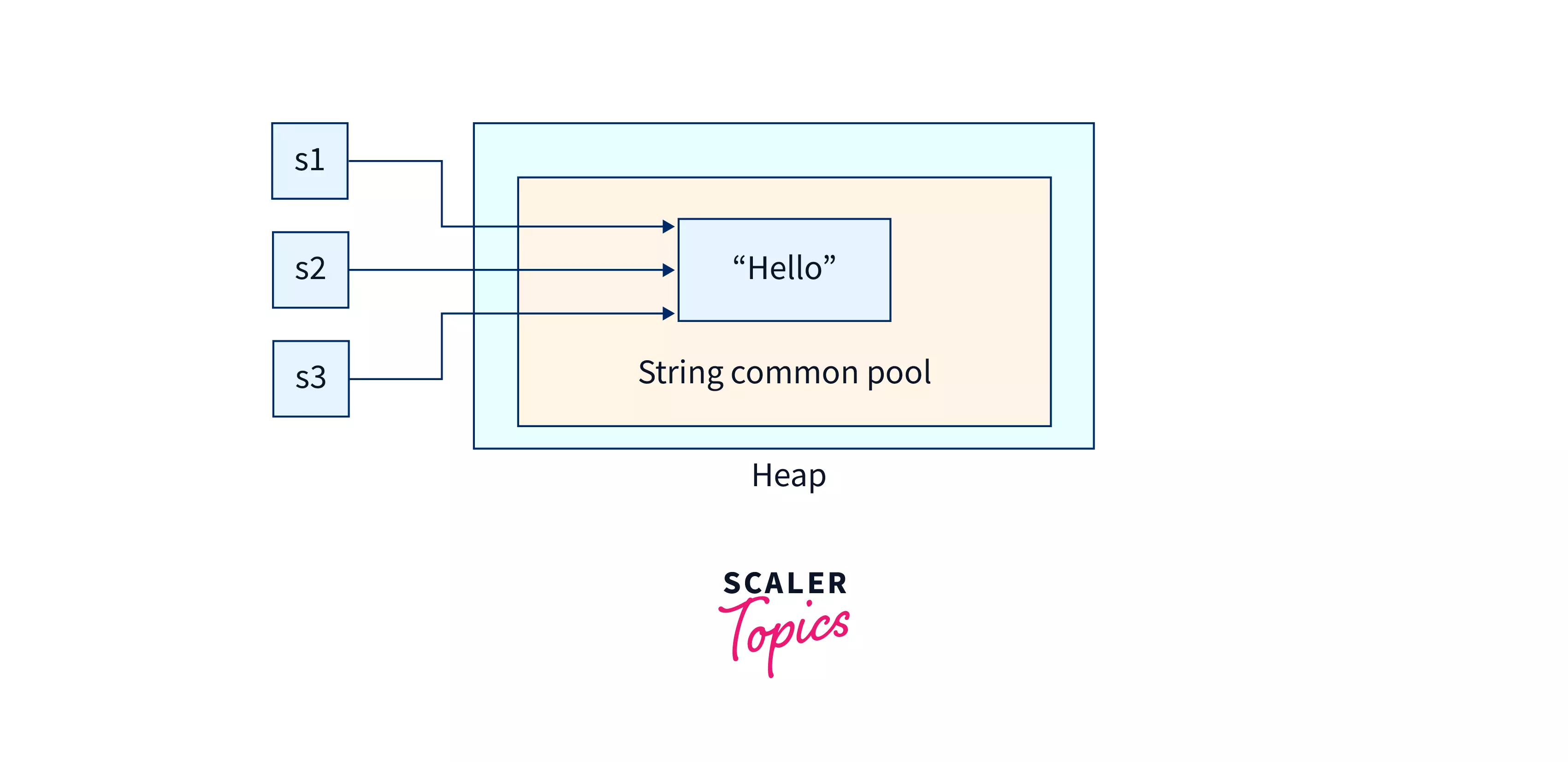Why Are Strings Immutable in Java? Security and Performance Benefits
Why Are Strings Immutable in Java? Security and Performance Benefits
Blog Article
Unalterable Strings: A Trick Element in Ensuring Information Consistency and Reliability
In the world of information administration, the relevance of immutable strings can not be overemphasized. The principle of unalterable strings transcends plain technicality; it is a cornerstone in the complex web of data administration.
The Concept of Unalterable Strings
Unalterable strings, an essential principle in programming, refer to strings that can not be changed as soon as they are created. Basically, once a string value is assigned, any type of procedure that shows up to modify the string actually produces a brand-new string. This immutability makes sure data consistency and integrity in applications, as it prevents unforeseen adjustments to the original information.
Advantages in Information Uniformity

Information consistency is critical in numerous elements of software program development, including database monitoring, multi-threaded environments, and dispersed systems (Why are strings immutable in Java?). Unalterable strings contribute dramatically to attaining this consistency by avoiding data corruption as a result of concurrent accessibility. In circumstances where numerous procedures or threads connect with the same data at the same time, immutable strings act as a protect against race conditions and synchronization concerns
In addition, the immutability of strings streamlines debugging and testing processes. With immutable strings, developers can trust that when a string is established, it will remain unmodified, making it much easier to map the resource of errors and making sure that examination situations create regular results. This integrity in data managing ultimately leads to a lot more steady and durable applications.

Implementing Unalterable Strings
Guaranteeing the immutability of strings calls for a thoughtful strategy to their implementation in software application growth. When a string object is produced, one essential method is to make string courses in a way that protects against modifications. By making strings unalterable, programmers can boost data uniformity and reliability in their applications.
To implement unalterable strings effectively, designers need to prefer developing new string objects instead of changing existing ones. This method makes certain that once a string is assigned a worth, it can not be transformed. In addition, any kind of operation that appears to modify the string ought to create a brand-new string with the wanted adjustments instead of modifying the original.
Furthermore, utilizing immutable strings can streamline concurrency administration in multi-threaded environments. Given that immutable strings can not be changed after creation, they can be safely shared among numerous strings without the threat of information corruption.
Function in Reliability Assurance
In software application advancement, the application of immutable strings plays a critical function in ensuring the reliability of data operations. Immutable strings, once developed, can not be modified, making certain that the information they represent continues to be constant throughout the application's implementation. This immutability building gives a level of assurance that the data being processed will not be unintentionally changed, causing unexpected results or errors in the Full Article system.
By integrating unalterable strings right into software application layout, programmers can enhance the integrity of their applications by minimizing the dangers connected with mutable data - Why are strings immutable in Java?. Immutable strings help in preventing information corruption or unintended modifications, which can be especially critical when managing sensitive info or when information integrity is critical
Additionally, the usage of immutable strings streamlines simultaneous handling, as multiple strings can securely access and share string information without the danger of one string changing the material while an additional reads it. This aspect contributes significantly to the overall dependability of the software program system, guaranteeing foreseeable and consistent behavior in data dealing with procedures.
Applications and System Combination
The smooth combination of unalterable strings into different applications and systems is pivotal for making certain robust information consistency and reliability throughout varied technical environments - Why are strings immutable in Java?. Unalterable strings play an important function in enhancing the integrity of data exchanges and communications within facility software ecological communities. By incorporating unalterable strings right into applications, designers can alleviate the dangers connected with data meddling, unapproved modifications, and unintended modifications, consequently fortifying the overall safety posture of the system
In the context of system assimilation, unalterable strings function as a fundamental component for developing safe and secure interaction channels and helping with seamless information transfers between different elements. Their unalterable nature makes certain that information sent between systems remains proven and unmodified, minimizing the likelihood of incongruities or errors that might jeopardize the integrity of the whole system. Furthermore, immutable strings can enhance interoperability their website in between diverse systems by offering a standardized format for information representation, enabling a lot more efficient data handling and exchange procedures across interconnected platforms. By adopting immutable strings in applications and system integration procedures, organizations can fortify their information framework and maintain the integrity and uniformity of their info assets.
Final Thought
Finally, immutable strings play an essential duty in keeping information consistency and dependability in numerous applications and system combinations. By ensuring that strings can not be transformed once produced, the stability of data is preserved, lowering the risk of inconsistencies and errors. Applying unalterable strings can significantly enhance the reliability of systems, eventually leading to even more precise and reliable information processing.

Report this page